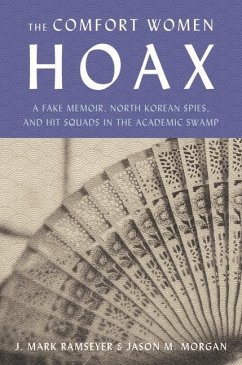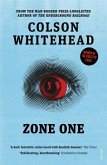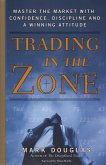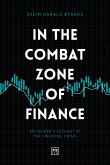"Both of the authors found themselves savagely "canceled" by their peers in Japanese studies programs in the U.S. for refusing to follow the Woke line on the World War II "comfort women." Contrary to the party line in American humanities departments, the women were not slaves. They were prostitutes. And the notion that they were anything but prostitutes owes itself to a hoax perpetrated by a Japanese communist author in the 1980s. Any serious Japanese intellectual (of any political perspective) understands this, and many intellectuals in South Korea understand it as well. It is a mark of the intellectual bankruptcy of the hyper-politicized humanities departments that they continue to cling to this 1980s-vintage hoax"--
Bitte wählen Sie Ihr Anliegen aus.
Rechnungen
Retourenschein anfordern
Bestellstatus
Storno








